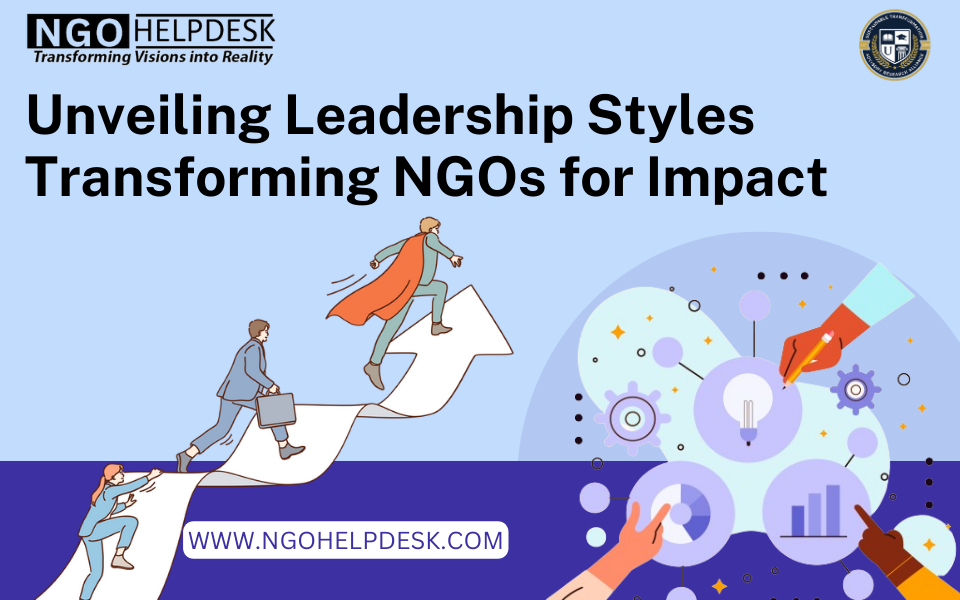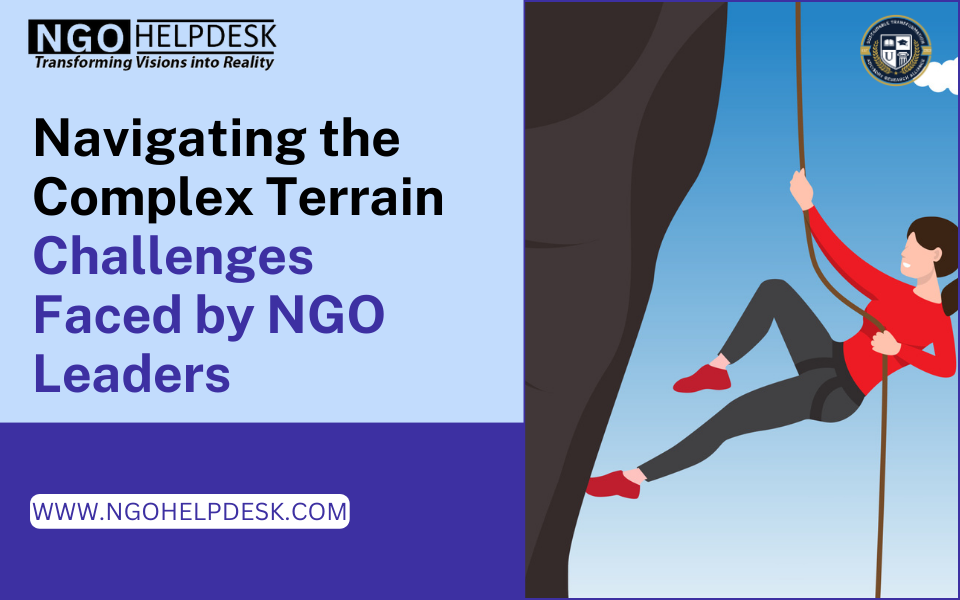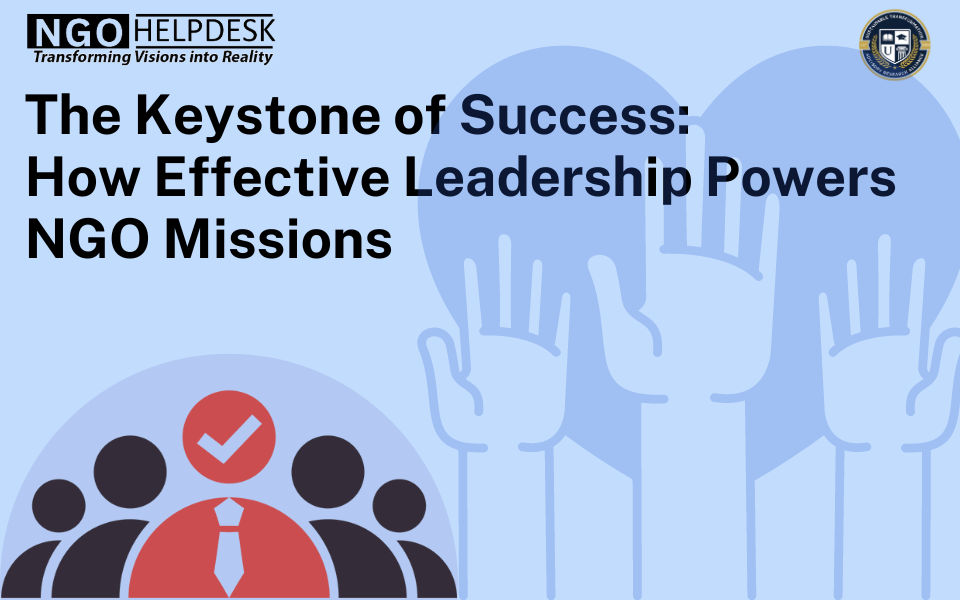
Introduction:
In the dynamic landscape of non-governmental organizations (NGOs), effective leadership is the cornerstone of success and sustainability. Understanding the nuances of various leadership styles can empower NGO leaders to drive their missions forward with clarity, empathy, and strategic insight. This exploration into the realms of transformational, transactional, and servant leadership offers a guide for current and aspiring leaders aiming to make a significant impact in the nonprofit sector.
Transformational Leadership: Inspiring Change
Transformational leadership is characterized by the ability to inspire and motivate team members to exceed their own expectations and embrace change for a greater good. This leadership style is particularly effective in NGOs facing rapid growth or significant shifts in strategic direction.
Key Traits of Transformational Leaders:
- Visionary: They possess a clear, inspiring vision for the future.
- Inspiring: They motivate others through their passion and commitment.
- Empowering: They encourage personal and professional growth among their team members.
Impact on NGOs:
Transformational leaders can galvanize their organizations around a shared vision, fostering a culture of innovation and adaptability. This is crucial for NGOs looking to tackle complex social issues with evolving strategies.
Transactional Leadership: Structuring Success
Transactional leadership, with its focus on structure, rewards, and results, can provide the necessary backbone for NGOs, especially in managing day-to-day operations efficiently. This leadership style thrives on clear objectives, performance metrics, and accountability.
Key Traits of Transactional Leaders:
- Organized: They establish clear structures and processes.
- Result-Oriented: They focus on achieving specific targets and outcomes.
- Reward–Based: They motivate through rewards and recognition for achievements.
Impact on NGOs:
For NGOs striving for operational excellence and effective resource management, transactional leaders can instill a sense of discipline and efficiency, ensuring that resources are utilized optimally for maximum impact.
Servant Leadership: Leading by Serving
Servant leadership turns the traditional power hierarchy upside down, emphasizing the leader’s role as a servant first, aiming to meet the needs of team members. This approach aligns naturally with the ethos of many NGOs, which prioritize community service and collective well-being over individual achievement.
Key Traits of Servant Leaders:
- Empathetic: They show genuine concern for the needs of their team members.
- Supportive: They prioritize the development and well-being of their team.
- Collaborative: They foster a sense of community and teamwork.
Impact on NGOs:
Servant leadership can build a strong, cohesive team that is deeply committed to the NGO’s mission. By putting the needs of the team and the community first, servant leaders can enhance engagement, loyalty, and performance.
Conclusion:
The landscape of NGO leadership is as diverse as the challenges and opportunities these organizations face. Whether through the visionary approach of transformational leadership, the disciplined focus of transactional leadership, or the empathetic engagement of servant leadership, effective leaders are those who adapt their style to their organization’s needs and goals. Embracing the right leadership style can not only transform an NGO internally but also amplify its impact on the world stage.




